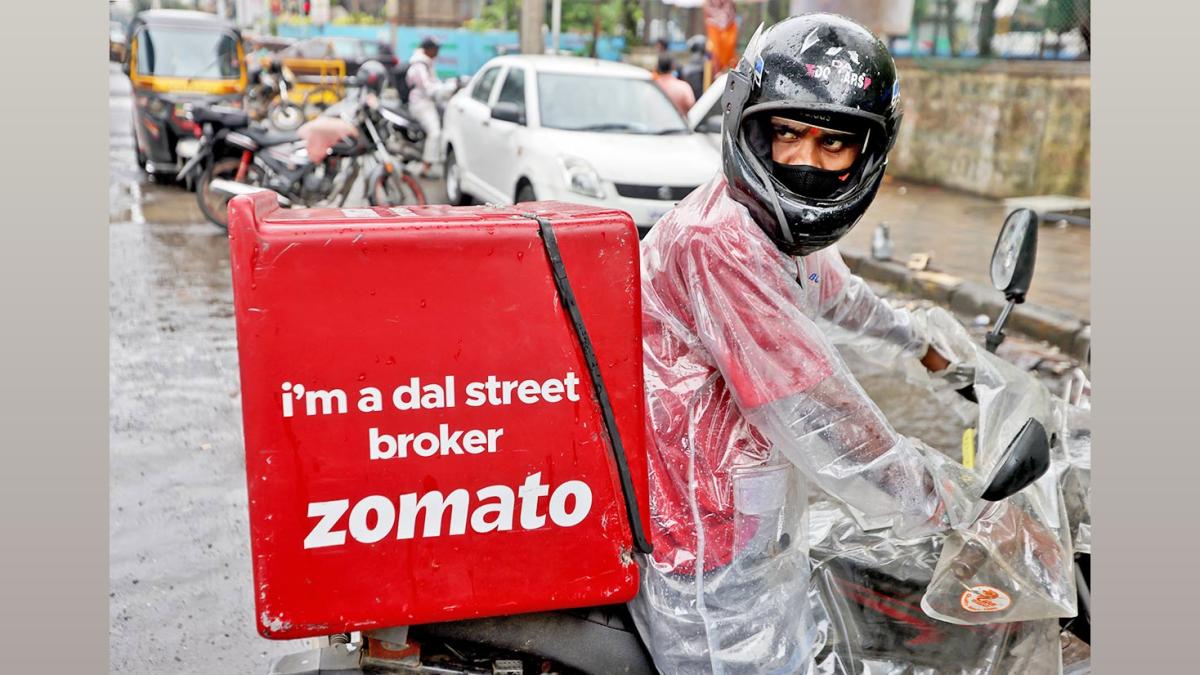 |
|
The unconventional job posting for the Chief of Staff position at Zomato, issued by CEO Deepinder Goyal, has sparked considerable debate and media attention. Goyal's requirement for prospective candidates to pay Rs 20 lakh for the first year of employment, with a corresponding Rs 50 lakh donation from Zomato to a charity of the candidate's choice, is a dramatic departure from standard hiring practices. This approach, while seemingly paradoxical, is presented as a unique learning opportunity, emphasizing personal and professional growth over conventional compensation and status-seeking. The financial contribution from the candidate is explicitly earmarked for Feeding India, a non-profit organization, aligning the initiative with corporate social responsibility while simultaneously creating a stringent filter for applicants.
The rationale behind this unorthodox approach warrants deeper analysis. Goyal’s justification centers on the exceptional learning experience the role offers. He positions the Chief of Staff position as an intensive, immersive program providing invaluable insights into the workings of a major tech company, encompassing various aspects including food delivery, quick commerce (Blinkit), supply chain management (Hyperpure), and philanthropic ventures (Feeding India). The 'fee' functions as a commitment mechanism, filtering out those primarily interested in high salaries or prestige, and attracting individuals genuinely driven by learning and development. This selective recruitment strategy aligns with Goyal’s stated desire for 'hungry' and 'down-to-earth' candidates possessing exceptional communication skills and a strong ethical compass.
Goyal's emphasis on a 'learning mindset' rather than resume building reflects a shift in focus towards experiential learning and personal growth. The absence of a formal salary in the first year emphasizes that the role is not about financial compensation but about gaining unparalleled experience under the guidance of the CEO and other senior management. This unconventional approach could be interpreted as a means to attract highly motivated individuals willing to invest in their future career prospects, potentially drawing in talent that might otherwise be deterred by conventional salary structures. However, the financial barrier to entry raises questions of accessibility and equity. The inherent financial commitment could inadvertently exclude qualified candidates from less privileged backgrounds, creating a potential criticism related to inclusivity.
The philanthropic aspect of the initiative is noteworthy. The combined donation to Feeding India from the candidate and Zomato underscores a commitment to social responsibility. This initiative could be interpreted as a strategic move to promote the company’s image as a socially conscious organization, attracting both talented employees and positive public perception. However, some might question the ethical implications of linking a charitable donation to employment opportunities, raising concerns about potential coercive elements within the arrangement. This blend of business strategy and social good opens up a discussion about the potential impacts of such initiatives on the business’s reputation, the effectiveness of the recruitment approach, and broader ethical considerations related to hiring practices.
The success of Goyal’s unconventional hiring strategy will likely depend on a variety of factors. The candidate pool attracted by this unique approach, the overall media response, and the success of the selected individual in fulfilling the role will all be crucial in evaluating the effectiveness of this tactic. The long-term consequences for Zomato’s hiring practices and brand image remain to be seen. The approach also creates significant risk. If the candidate fails to meet expectations, the company has not only lost the potential benefit of the arrangement but has also spent time and resources on a potentially less-than-ideal approach to recruitment. Furthermore, the approach could backfire, attracting negative press or drawing criticism for being ethically questionable.
Source: Zomato CEO Asks Chief of Staff Candidates to Pay Rs 20 Lakh
